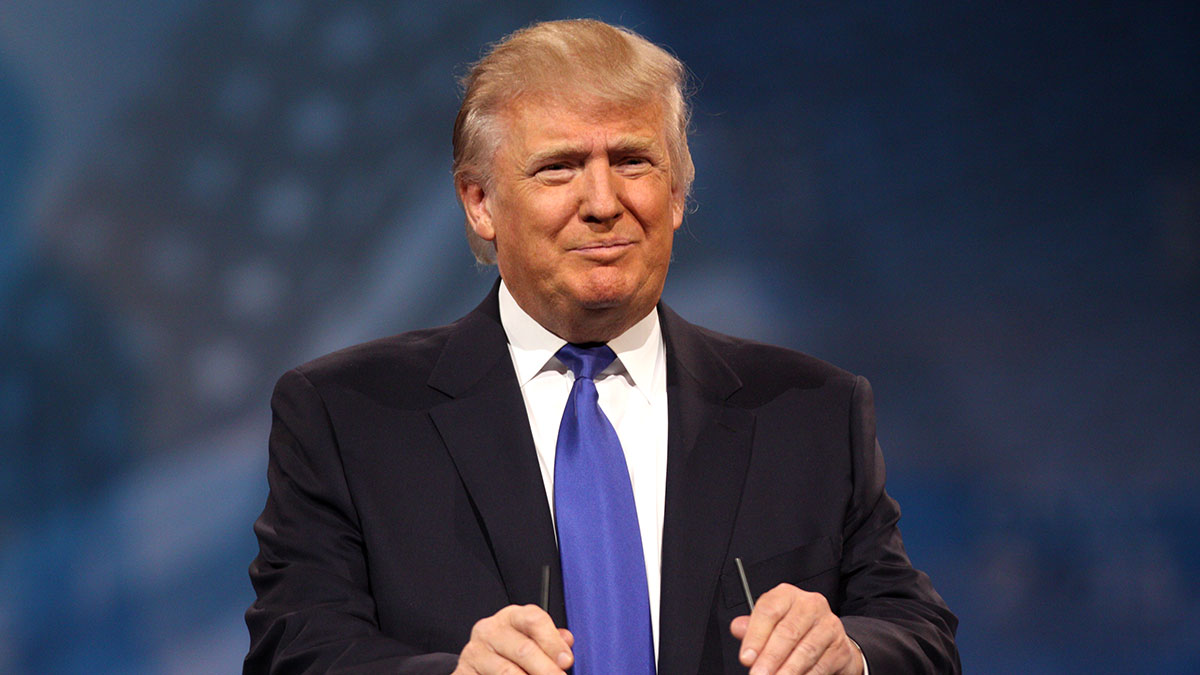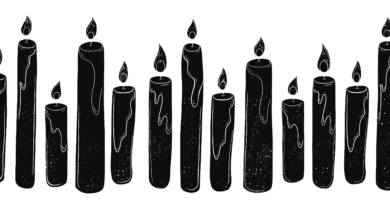 Supplied — Gage Skidmore
Supplied — Gage SkidmoreFrom United States President Trump’s policies to his rhetoric, people have been making some harsh comparisons to certain twentieth-century dictators. So, we asked four history and classics professors what historical figure Trump shares traits with.
He’s very hard to pin. You can kind see (Silvio) Berlusconi, the former Italian Prime Minister. He got caught in parties of prostitutes. He would also celebrate Mussolini. There is a little Mussolini there but I would say there’s also authoritarian businessman. He’s not a very bright guy — I don’t mean to suggest that fascists and radical nationalists are dumb — but Trump is not a very bright guy, so that’s why I can’t peg him in terms of a leader.
– Dennis Sweeney
Rafael Trujillo. He was the dictator of the Dominican Republic for many decades in the mid-20th century. In 1937, he started mobilizing on rhetoric pertaining to Haitians who lived in the Dominican Republic. He spoke about the dangers posed by Haitian immigrants. He spoke about the racial and cultural differences of Haitians. Many of these Haitians were actually Dominican citizens that were born there. Trujillo drew on old racial fears of Haitian blackness and religious differences and he said he was going to expunge their presence from the Dominican Republic and firm up borders. In just one week, on Trujillo’s orders, Dominican soldiers massacred Haitians living in the border region. As many as 12,000 were killed in a week. It’s this rhetoric of the “dangerous immigrant,” “the different immigrant,” “racially different,” “religiously different” that is most haunting for me.
– Jaymie Heilman
I think Hiram Wesley Evans. He became the imperial wizard (leader of the Klu Klux Klan clan) in 1922. He was a dentist from Texas and he really focused on spreading a klan vision that historians have classified it as reactionary, far-right, populism — the ideology of “America is for American-born white folks and we’ve given it to those immigrants. Put Americans first.” Evans’ vision was that the world was constantly in some kind of war. After the American entry and participation in World War I, it was either, “You’re with us or you’re against us.” People were affected by the 1924 anti-immigration law which pretty shut the door to new immigrants coming to the country.
– Susan Smith
There are characters. A guy called (Publius Clodius Pulcher), he’s usually who people think of as a demagogue figure. At the end of the (Roman) Republic, he was somebody who was from a very aristocratic background but had a “man of the people” act going. He’s somebody who pursued political opponents, very violently in some cases, including Cicero. None of these guys in the late republic — and I think this is very much true of Trump — had a real thing to replace the system with. I think they just wanted to get themselves a more controlling position within it.
– Adam Kemezis




